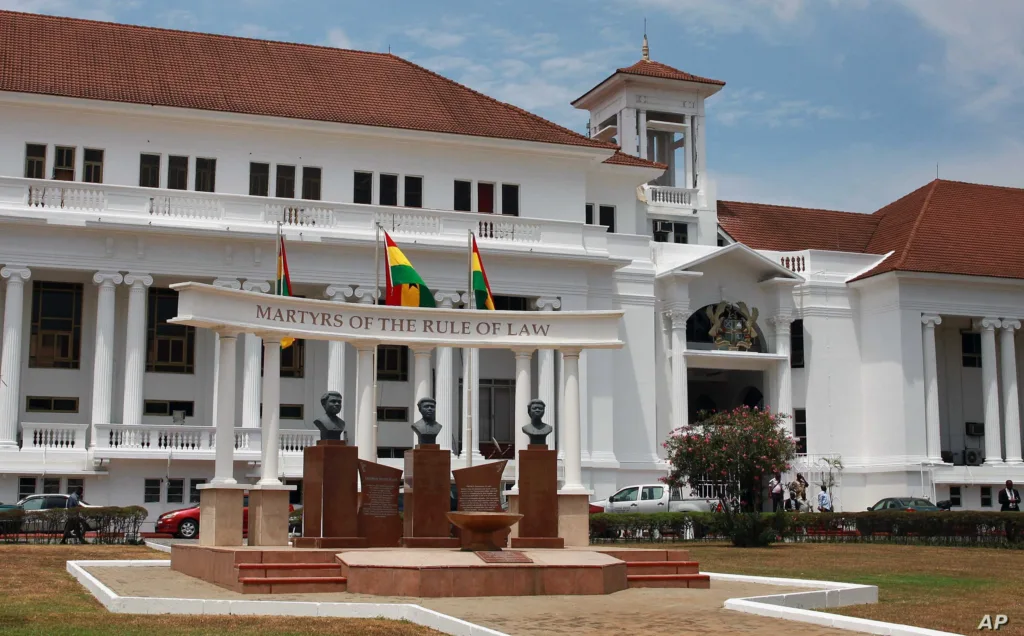Supreme Court to Decide Fate of Constitutional Challenge in Chief Justice Removal Process
Constitutional Battle Unfolds Over Judicial Independence
In a case that could redefine the balance of power between Ghana’s executive and judicial branches, the Supreme Court of Ghana is set to hear arguments challenging the constitutional procedure being used in the potential removal of Chief Justice Gertrude Torkornoo. This high-stakes legal battle comes amid mounting tensions over judicial independence in one of West Africa’s most stable democracies.
Vincent Ekow Assafuah, Member of Parliament for Old Tafo, has filed the case questioning President John Dramani Mahama’s handling of three separate petitions seeking the Chief Justice’s removal. The parliamentary representative is represented by none other than former Attorney-General Godfred Dame, adding significant legal firepower to the constitutional challenge.
The Constitutional Question at the Heart of the Case
At the core of this legal battle is Article 146(6) of Ghana’s 1992 Constitution, which outlines the procedure for removing superior court judges, including the Chief Justice. Assafuah’s petition asks the Supreme Court to make a critical declaration: that the Chief Justice must be given the opportunity to respond to allegations before the President proceeds with Council of State consultations.
The MP contends that bypassing this step would constitute a serious violation of:
- The Chief Justice’s fundamental right to a fair hearing
- The constitutional principle of judicial independence
- Established due process required for such significant actions
Chief Justice Meets Response Deadline
While the constitutional challenge moves forward, Chief Justice Torkornoo has already taken action to protect her position. On April 7, she officially submitted her written response to the petitions, meeting the deadline set by President Mahama within the 10-day window granted after the petitions were formally received.
This timely response demonstrates the Chief Justice’s commitment to following constitutional procedures, even as questions about those very procedures are being raised in court.
Implications for Ghana’s Democratic Institutions
The outcome of this case could establish definitive legal requirements that must be met before any process to remove a Chief Justice can commence. Legal experts from the Ghana Center for Democratic Development suggest this represents a crucial test of the constitutional safeguards designed to maintain separation of powers.
“This case isn’t merely about procedural technicalities—it’s about ensuring that constitutional protections for judicial independence remain robust,” notes one constitutional scholar from the University of Ghana School of Law. “The Supreme Court’s ruling will likely set a precedent for decades to come.”
Potential Outcomes and Their Significance
The Supreme Court faces several possible paths in this landmark case:
- Upholding Assafuah’s petition, which would require stricter adherence to procedural safeguards
- Dismissing the challenge, potentially allowing more executive discretion in judicial oversight
- Establishing a new interpretation of Article 146(6) that balances executive authority with judicial independence
What Happens Next?
As Ghana’s legal community awaits the hearing date, the case continues to attract significant attention from governance watchdog organizations and international observers. The constitutional showdown comes at a time when judicial independence faces challenges across the African continent.



